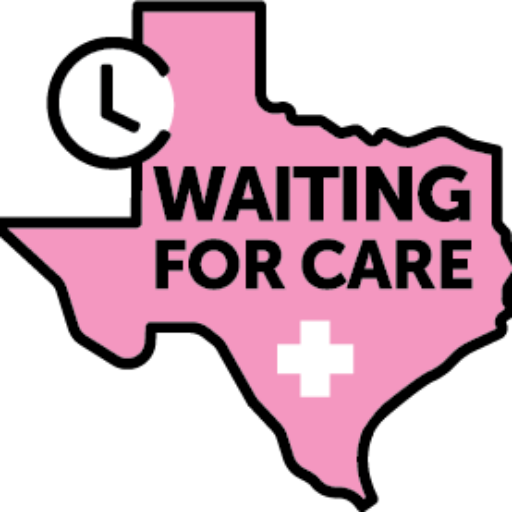Patient Story
Antay Waters
Women’s Health Care: A Crisis in Rural Texas, and a Solution

Imagine being pregnant and living so far from a health provider that your first prenatal visit occurs on the day your baby is born. Or being weeks from giving birth, unaware that untreated diabetes has caused your baby to weigh 11 lbs.
These are realities in rural Texas, where access to maternity care is scarce. Antay Waters, an advanced practice registered nurse (APRN) in East Texas, has witnessed these challenges firsthand. Antay holds advanced degrees in nursing administration, women’s health, and midwifery, along with a Doctor of Nursing Practice degree. She teaches nursing at East Texas Baptist University and was appointed to the Texas Perinatal Advisory Council in 2024 by Governor Greg Abbott.
Barriers to care, poor outcomes
Texas has the largest rural population in the U.S., yet nearly half of its 254 counties are “maternity care deserts” — areas with few or no OB/GYN services. Thousands of skilled APRNs could serve these regions, but most work in urban centers where jobs and resources are concentrated. The shortage of women’s health care means Antay must travel long distances to reach her patients. Six days a week, she drives through five rural counties to work at Christus St. Michael Hospital in Texarkana — a one hour and 45 minute commute each way. In Harrison County, where she lives, no OB/GYN services are available.
“Many conditions could be caught earlier and treated sooner if women had access to care,” Antay says. “The cases that really break my heart involve untreated comorbidities like obesity, hypertension, and even syphilis. Because of these barriers, we often see bad outcomes. We have to bring health care to the community.”
A practical way forward
More than half of U.S. states have granted APRNs full practice authority. Texas has not, and the consequences are dire. In 2024, Texas ranked 46th in access to prenatal care and 49th in preventive care for women, according to America’s Health Rankings. Restrictive policies contribute to this growing crisis.
APRNs are limited in providing outpatient care. “I would love to start a mobile care unit to bring prenatal and preventive services to underserved women,” Antay says. “Or create a hub-and-spokes model where we go to patients rather than patients traveling hours to see us. But APRNs are restricted in what they can do.”
Additionally, many health facilities impose demanding contractual obligations on APRNs. “If a nurse isn’t available to cover all shifts, the hospital can drop our contract,” Antay explains. “Because of this, I’ve worked several 36-hour shifts.”
Without legislative changes, APRNs remain unable to fill critical gaps in care. Senate Bill 911, the HEALTexans Act, currently before the Texas legislature, seeks to remove barriers to APRNs, particularly for nurse practitioners, midwives, and clinical nurse specialists. If passed, this bipartisan bill will enable APRNs to reach maternity care deserts and meet the health needs of millions of Texas women and their babies.
Share Your Patient Story
Texas is almost dead last in access to women’s healthcare, and APRNs are a critical part of the solution to expanding accessible, affordable care to Texas women and moms. Help us advocate for increasing access to care for Texans.
